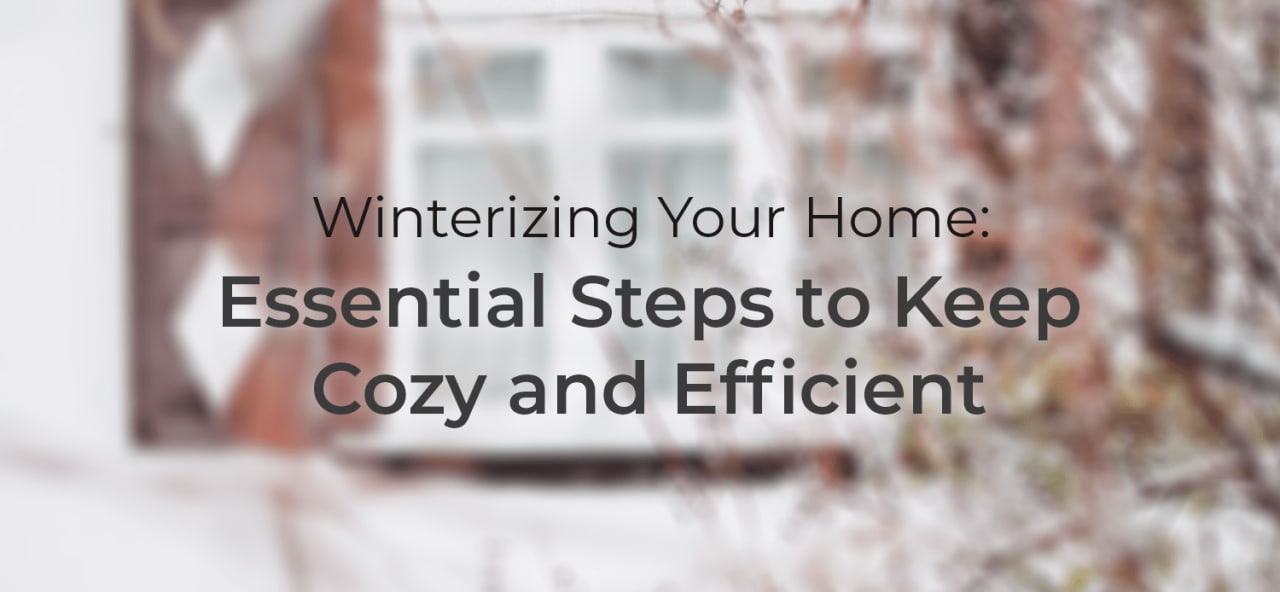Should I Purchase Earthquake Insurance?
deeproot May 14, 2018
Real Estate

deeproot May 14, 2018
Real Estate

…yet only one in five Oregonians has earthquake insurance. In the interest of protecting your largest asset at the cost of a few hundred dollars per year, we recommend considering this important protection. This is especially relevant in light of all the recent seismic activity in California, Hawaii, and along the Pacific coastline.

Via: Columbia University
Along the entire coast of Oregon runs a fault line called the Cascadia Subduction Zone. This is a planetary feature created when one tectonic plate (in this case the oceanic Juan de Fuca plate) is sliding underneath (subducting) another (the North American continental plate). As Juan De Fuca slides down, the North American plate bunches up with the friction. When enough pressure is built up, the plate flops back down (see image, left), and a very dramatic flop it will be.
For example, the Fukushima quake in 2011 was a 9.1 subduction quake. That quake caused a tsunami with 30-foot waves, completely leveled 120,000 buildings and partially destroyed 726,000 buildings. The economic cost was upwards of $235 billion. The loss of life was over 20,000 and some people are still working to rebuild their homes.
When asked about the destruction estimates for a Cascadia subduction quake in a New Yorker article, Kenneth Murphy of FEMA responded that the operating “assumption is that everything west of I-5 will be toast.” Pretty straightforward.
However, considering that the odds of a powerful quake happening off the coast in the next 50 years are one in three, it’s best to be prepared.
Your insurance agent will have the most precise details, but generally there are three basic components to earthquake insurance coverage.
Check with your agent to identify items that cannot be covered or do not need to be covered by earthquake insurance. For example, you’re likely already insured against fire damage through your homeowners policy. Likewise, earthquake insurance typically doesn’t cover damage to landscaping, pools, fences, masonry, storage sheds, automobiles, etc.
Wooden homes are generally cheaper to insure than brick homes. This is because they are able to flex more with the shaking earth. Several other factors will affect the cost of insurance as well.
Retrofitting your home with various earthquake proofing can help lower your costs. Some examples include:
For an experienced perspective, we reached out to Larry Thompson, an agent with American Family insurance for over 20 years, and asked him what kinds of questions he gets most often.
Deductible structures are key. Larry noted that it’s important to make clear that unlike most insurance, earthquake deductibles are a percentage of your coverage. You’ll also pay a separate deductible for personal property inside your home (sofa, TV, etc.). This deductible will also be a percentage of your coverage.
Get educated. Larry’s main emphasis on the topic is to consult your agent and ask questions. Some agencies don’t sell earthquake insurance or might have capped their earthquake policies. Many condo associations include earthquake insurance as most condo HOA boards err on the side of caution. Certain homeowners insurance plans include earthquake coverage as an optional endorsement.
Earthquake insurance rates will rise. As scientific tools become more precise, increasing knowledge about the scope of damage, premiums will rise. The longer our region goes without an earthquake, the more rates will tick up as well.
There are so many variables, and the best way to decide if coverage is right for you is to talk to an expert.
Earthquake safety at home – FEMA has created this handy site dedicated to preparing your home and family for an earthquake.
Ready Northwest – A Beaverton-based company, Ready Northwest creates ready-made disaster kits (including an earthquake emergency kit) and provides disaster preparedness consulting for businesses.
Oregon.gov – Oregon’s bureau of emergency management site has several resources, including a handy sheet of insurance tips and an earthquake preparedness guide.
Maps – Should an earthquake occur, this map shows rendezvous points for emergency assistance.
If you have additional questions about earthquake insurance or preparedness, we’re happy to discuss or point you in the right direction. Though the timeline is contested, the Big One is coming one day, and we want to help you take measures now to secure peace of mind over your investments and your family.
Stay up to date on the latest real estate trends.

Get your home ready for the winter.

Take the stress out of moving!

Transform your backyard into a breathtaking oasis!

How to Keep Your Sanity Intact

Hiring a design consultant for staging

10 Reasons Why NW Portland is Simply Amazing

Top 10 Checklists

10 REASONS TO LOVE LIVING IN SW WASHINGTON

10 REASONS TO LOVE LIVING IN NORTH PORTLAND
Buying, Selling? Let’s Talk!